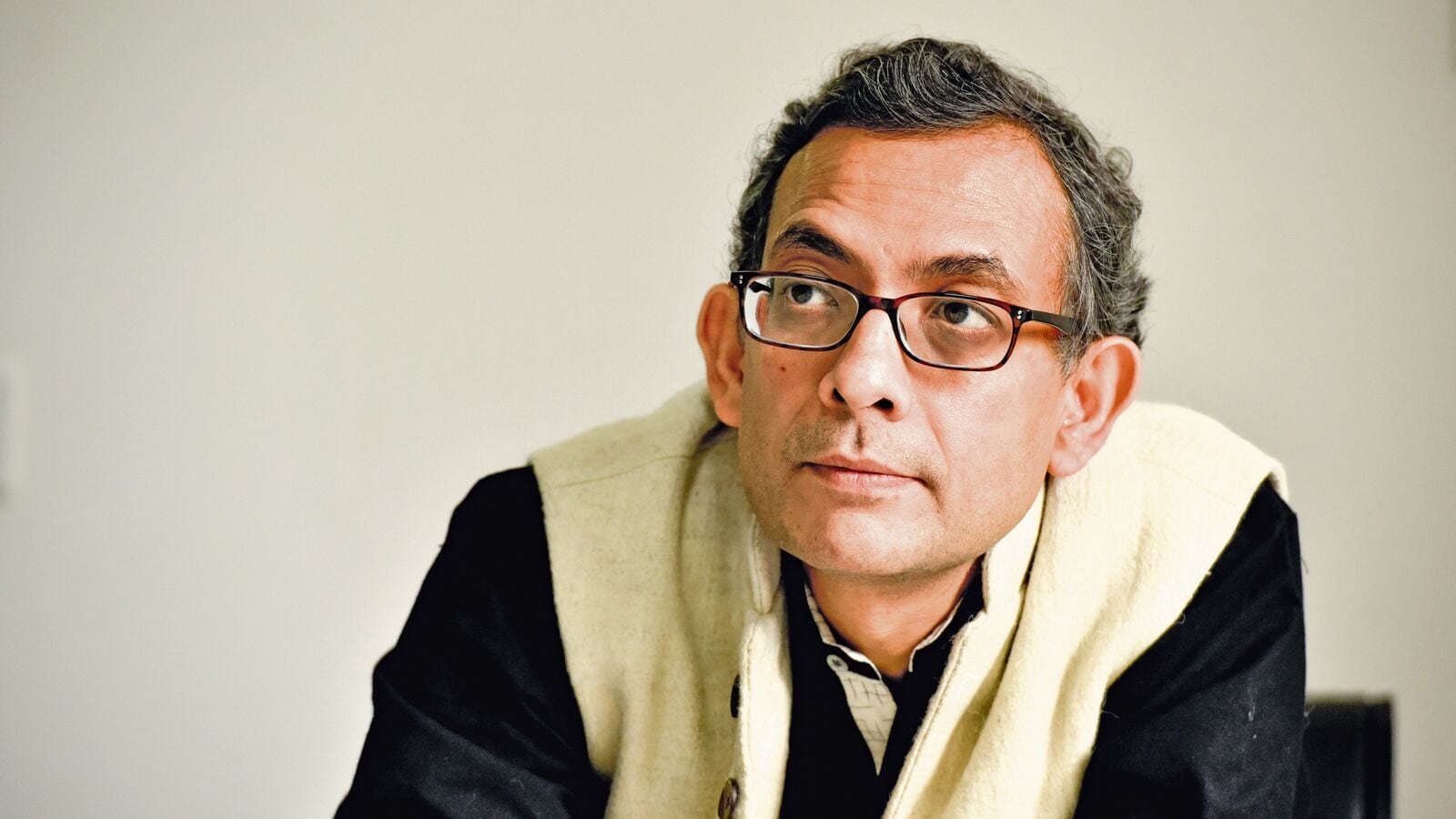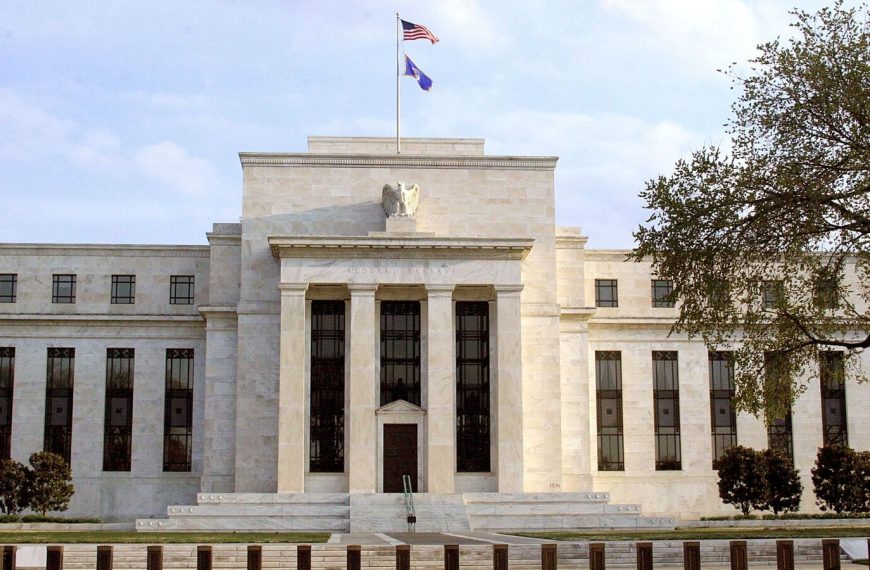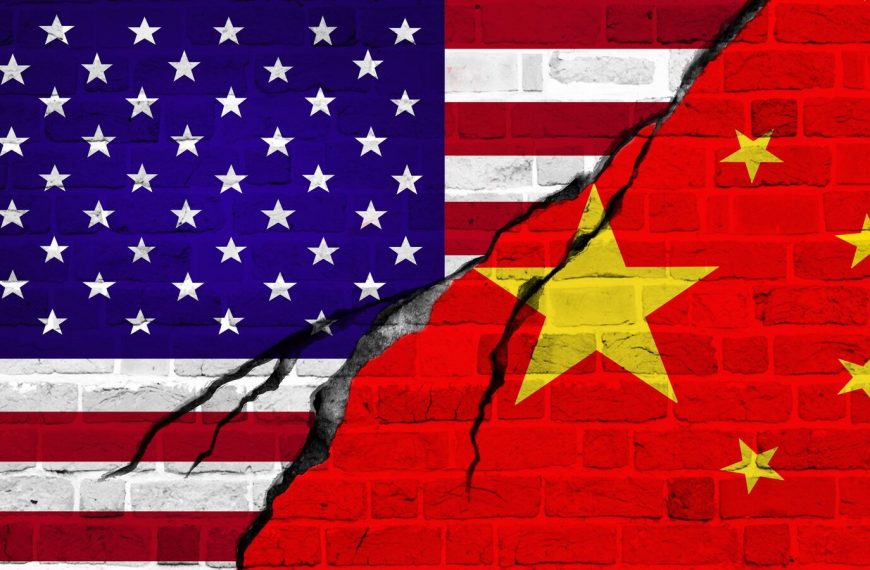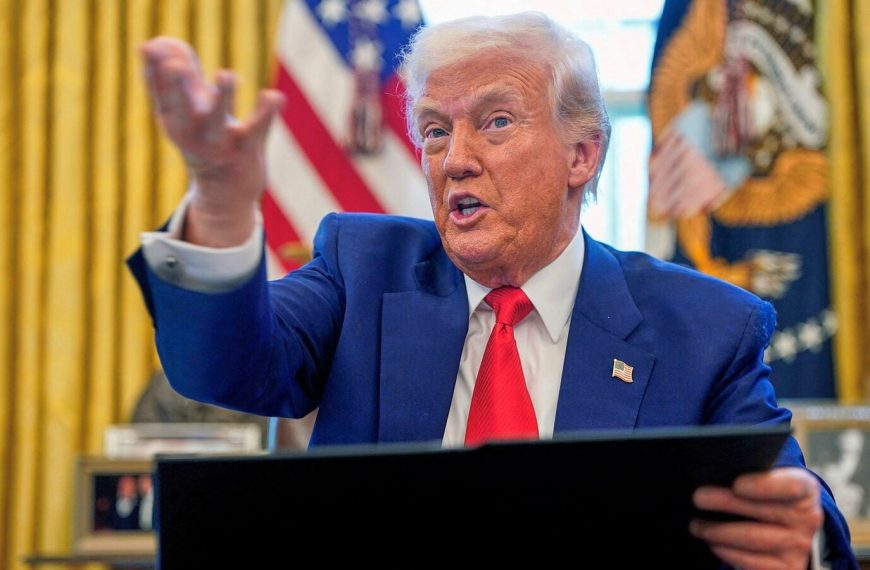Nobel Prize-winning economist Abhijit Banerjee is calling for European nations to take a more active role in global leadership, especially in light of significant cuts to the United States Agency for International Development (USAID) contracts under President Donald Trump. In a recent discussion with NDTV World, Banerjee emphasized that Europe has somewhat relinquished its position as a global leader, a sentiment echoed in a thought-provoking article he co-authored with his wife, Esther Duflo, for The Financial Times.
A Call for European Leadership in Global Aid
Banerjee’s interview highlighted a pivotal moment for Europe, urging the continent to step up and demonstrate its capability in international aid. He remarked, “It’s a great moment for Europe to take the lead.” His comments come after the Trump administration’s drastic reduction of foreign aid contracts, slashing over 90% of USAID’s funding, which amounts to approximately $54 billion.
- This significant cut has raised concerns about the future of global aid and development.
- Banerjee stated that Europe’s economy surpasses that of the U.S., suggesting that it could contribute more effectively to global aid initiatives.
The Need for Collective Responsibility
In the Financial Times article, Banerjee and Duflo argued that the world does not need the U.S. to be the primary source of aid funding. They encouraged other nations to demonstrate their ability to raise and effectively utilize financial resources for global betterment. Banerjee pointed out that if Europe aspires to reclaim its leadership status, now is the time to act decisively.
He reiterated, "The aid money is still a drop in the bucket compared to Europe’s economic capacity." This statement underscores the potential for European nations to not only contribute but lead in the international aid sphere.
Addressing Domestic Concerns vs. Global Needs
During the interview, Banerjee confronted the argument that the U.S. should prioritize its domestic issues before aiding other countries. He dismissed claims that U.S. funds were primarily directed to less crucial efforts, such as "transgender clinics in China," labeling such assertions as "ludicrous."
Instead, he highlighted that initiatives like PEPFAR, which focuses on combating HIV/AIDS, have broad support among Americans. He asserted, “Americans support saving lives. They support feeding the hungry and assisting those affected by disasters.”
The Future of USAID and Global Aid
The recent cuts to USAID, described by the White House as necessary due to concerns over waste and inefficiency, have raised alarms among international development advocates. Banerjee’s research center, which aims to alleviate poverty, is among the organizations grappling with the consequences of these funding reductions.
As the global landscape evolves, the call to action from leaders like Banerjee serves as a reminder of the collective responsibility that nations hold in addressing global challenges. The time for Europe to reclaim its leadership role in international aid is now, presenting an opportunity for a renewed commitment to humanitarian efforts worldwide.
By fostering collaboration and increasing funding for global initiatives, Europe can not only enhance its standing on the world stage but also contribute significantly to solving pressing global issues.











